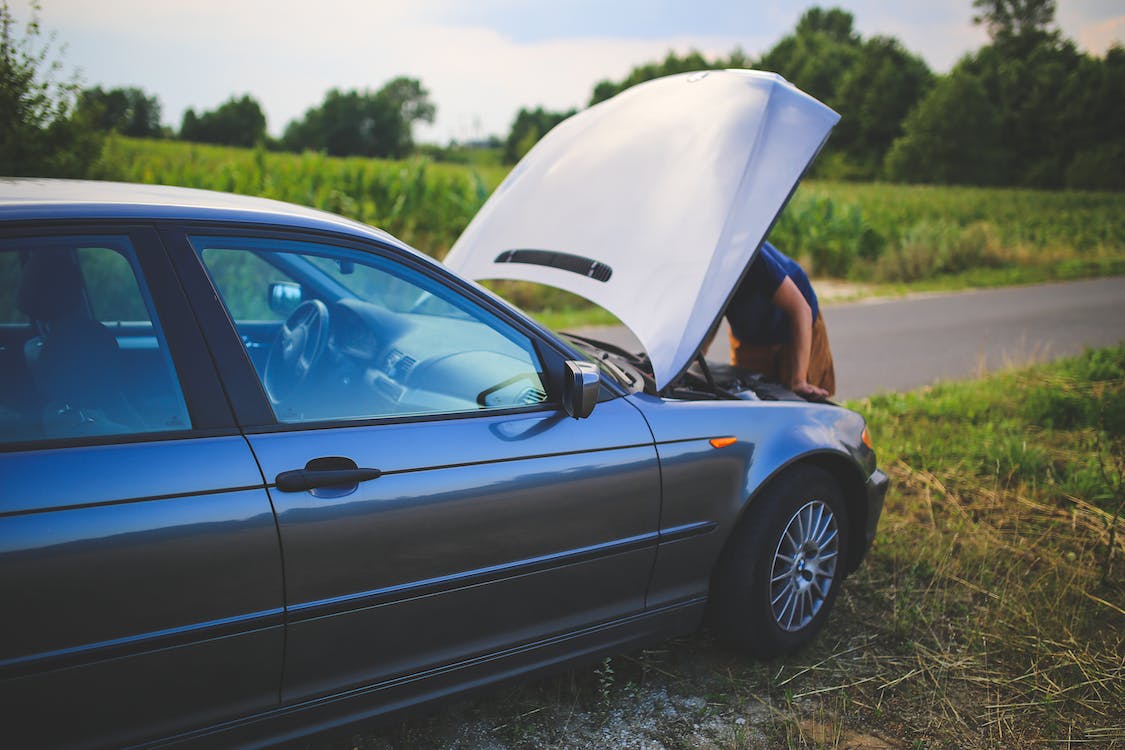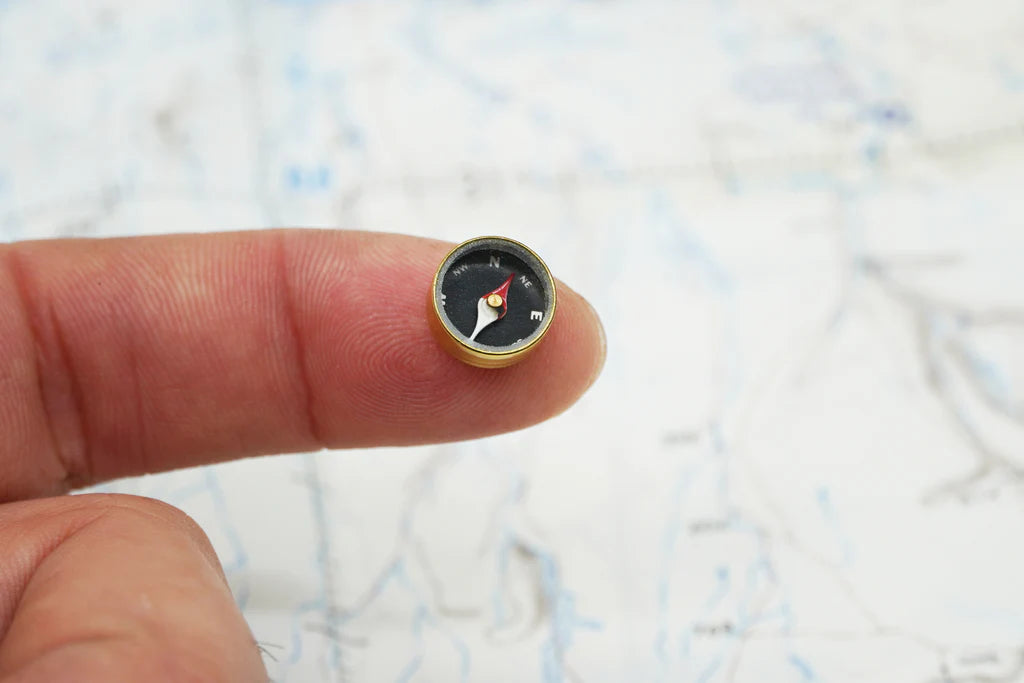
Winter Car Safety Guide
Every year, thousands of people in the UK are left stranded by their car during the colder months of the year. This is usually caused by a failure to properly maintain the vehicle or human error. Luckily, this problem can be easily addressed by completing a few, basic checks and maintenance procedures.
We want everyone to be as safe as possible so have created this simple checklist which may help you avoid breakdowns and be somewhat prepared, should you become stranded by your car.
Vehicle Checks
1) Check washer fluid levels. This is a legal requirement in the UK! Being able to clear your windscreen is a must and is vital to motoring safety. Failing to do so may constitute the offence of "carless driving" with a fine varying between £100 and £5000 depending on the severity of the offence. Most likely, you will also receive three points on your driving licence. Use season appropriate washer fluid i.e. winter or summer rated.
2) Check your oil levels. Cold weather can make certain engine oils more viscous meaning that engine damage is more likely to occur due to metal parts rubbing against each other, particularly when the engine is cold.
3) Check tyre condition and tyre tread. Cold, damp weather increases stopping distances considerably. Particularly for winter conditions, ensure you have plenty of tyre tread remaining so you can stop quickly if necessary.
4) Check battery. Cold weather negatively effects car batteries as more energy is required to keep the engine turning over when the engine is cold. This can be more of an issue if you do lots of shorter journeys where the alternator does not have sufficient time to provide charge to the battery. Some obvious signs of a flat or damaged battery include; difficulties in turning over the engine on start, dimmer than normal lights, a perceived decrease in the brightness of the lights, more smoky output from the exhaust than normal, a strong smell.
5) Check brakes. Once again, stopping distances are grater in the cold and wet. Maker sure you can stop when you need to.
6) Check lights. Fog, mist and early evenings all mean visibility is greatly reduced. Allow others to anticipate for your vehicle, person or movements by maximising your visibility. Check your brake lights work when applying pressure to the brakes.
7) Engine coolant. Even in the winter, your car's engine can overheat. Make sure the coolant is at the right level.
Equipment Checklist
1) Phone charger. If for any reason you are unable to charge your phone from your car (for example if your battery completely fails!), you will need a way to charge your phone, to reach out to rescue services, for example.
2) Blanket. If you are stranded in or by your vehicle for several hours, you may get very cold. Equally, if you happen to come across an injured party, you can keep them warm and help prevent the onset of shock.
3) First aid kit. If you or another are injured in a collision or other roadside accident, you can keep yourself or a third party more comfortable until emergency services arrive. You may even be able to treat injuries in full without the need for medical practitioners.
4) Torch + spare batteries. Keeping a torch with spare batteries will allow you to inspect damages, apply first aid, find your way to safety, alert others to your presence or to the position of your vehicle. Some flashlight have "flashing" modes which can be particularly useful in these situations.
5) Hat/gloves and waterproofs. Again, you may have to wait a long time for rescue or indeed, you may have to travel far to find help. If you have left the house in just a thin shirt, you will really appreciate the backup.
6) Drinks. Staying hydrated is vital to cognition, motor function and health in general. Hot drinks will have the added benefit of helping maintaining body temperature during cold weather. For added redundancy, you may wish to add a portable camping stove and fuel, to allow for the preparation of hot drinks or even meals.
7) A map. Phones and GPS signals can fail! A printed map of you destination as a backup can be invaluable, particularly in more remote areas.
8) Digital jump starter. If you are unable to start your car for the simple reason your battery has gone flat - a digital jumper can instantly solve your problem, without the need for third party assistance. Some units are capable of multiple jump starts. Conveniently, many can be recharged in-car via USB.
9) Ice scrapper - The practice referred to as "port-holing" i.e. only clearing the snow away from the area directly in front of the driver, can land you a moderate fine and up to three points on your license. The whole windscreen must be entirely clear. A simple ice scrapper is just the tool for the job.
10) Portable petrol tank or "Jerry Can". A surprising proportion of roadside breakdowns occur as a direct result of simply running out of fuel. Instead of waiting for three hours for roadside rescue, you can walk ten minutes up the road to a petrol station and get yourself back on the road. Strangely, many petrol stations in the UK do not stock jerry cans!
What to do if you break down on the motorway
1) Try and get off the motorway. It is best practice to pull over at the earliest possible exit or slip road. If this is not possible, then you should attempt to pull over on the hard shoulder/layby. If you do have to leave the car on the road or on the hard shoulder, then you should exit the vehicle, provided you can safely make it to roadside. Remaining in your vehicle is on of the most common ways to get injured on the road, other than through direct accident. Sometimes, it will be impossible or extremely dangerous to get to the side of the road. Under these circumstances, best practice is to keep your seatbelt on, apply your hazard warning lights, call the National Highways Services and await their assistance within your vehicle. They will stop traffic and will direct you to safety at which point you can call your breakdown service provider.
2) Contact rescue services / vehicle recovery. Do not attempt to fix the problem yourself in the middle of the road. Most modern engines are difficult to access and parts can not be improvised, so the likelihood of a roadside fix is minimal.
3) Maintain visibility. Do not stand in the road or on the hard shoulder, especially between your vehicle and oncoming vehicles. Wear high viz if possible. Stand behind roadside barriers if possible.
Thanks for reading, stay safe!
The Bushgear Team
Photo courtesy of Kaboom Pics via Pexels


